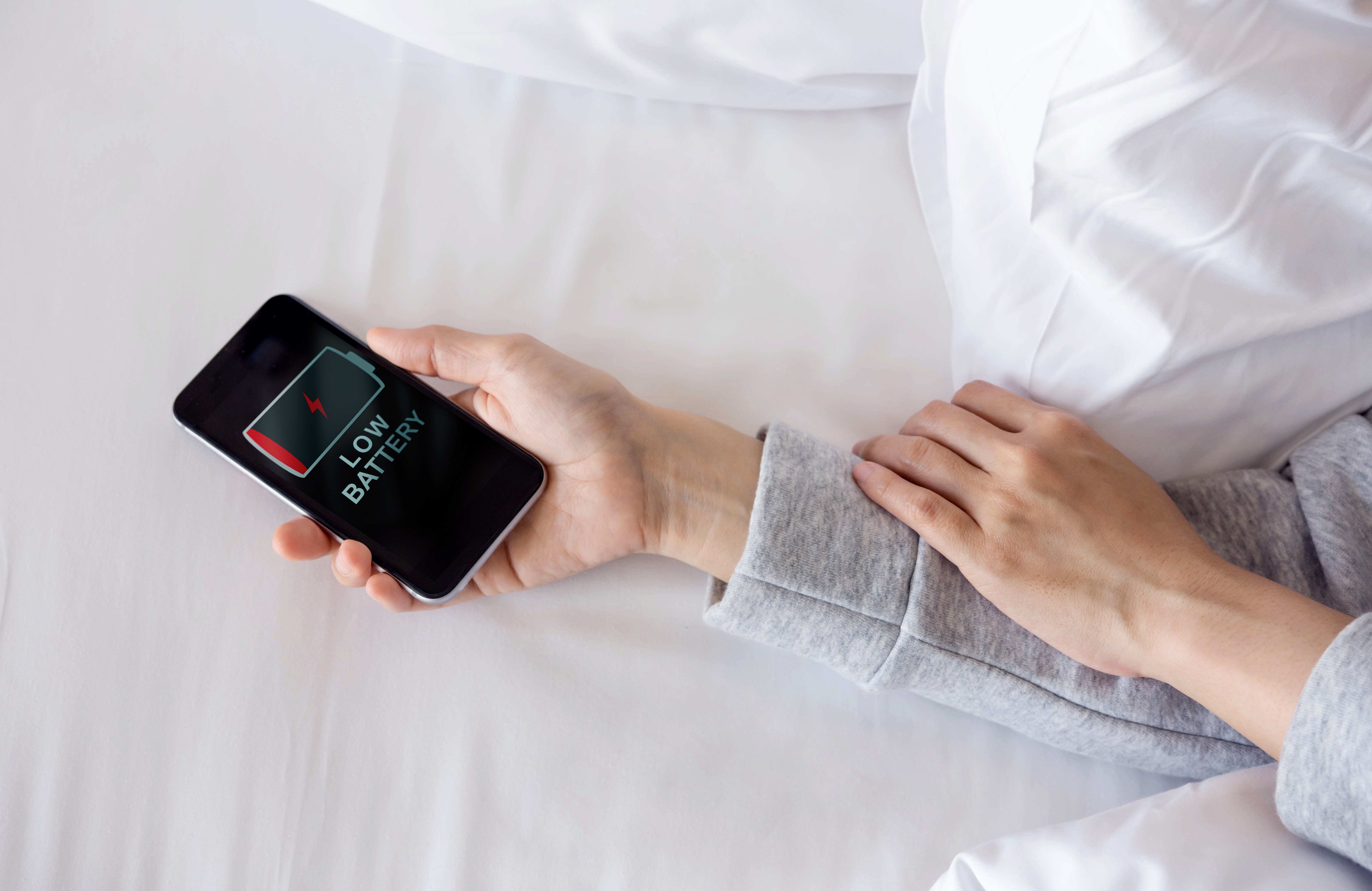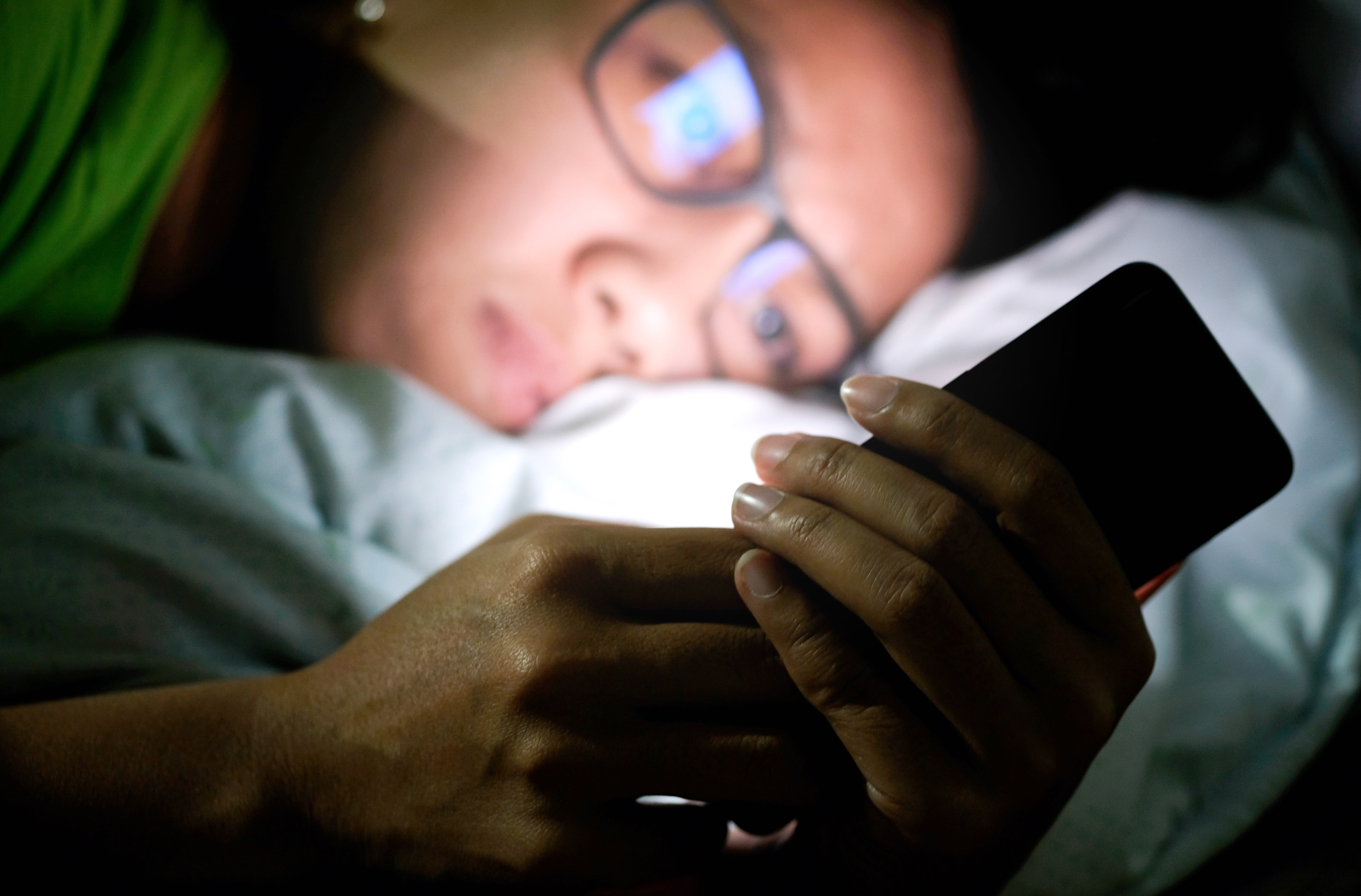
Sciences & Technology
Why does artificial intelligence discriminate?

Our smartphones are actually not very smart. But Artificial Intelligence can predict when you will reach for your mobile and make the most of your battery life
Published 25 February 2019
How many times have you lost your competitive edge because your smartphone starts downloading large email files while you’re playing an online game? Or perhaps those concert tickets you’ve been waiting months for, finally come online and your phone decides to offer you a new system upgrade?
The consequences, while not life threatening, are definitely frustrating.

These are some of the challenges and issues we are trying to solve at the University of Melbourne and our research suggests that Artificial Intelligence (AI) may be the key.
Smartphones are actually not very smart when it comes to system updates and battery conservation.
A typical system upgrade takes tens of minutes, prevents people from using their phones in the meantime, and can’t be paused once it commences.

Sciences & Technology
Why does artificial intelligence discriminate?
Frequently fetching online data keeps smartphone users up-to-date, but it can also consume a large percentage of your battery. And when people are about to perform Internet-based tasks, automatic downloading may occupy network bandwidth and have a negative impact on the user experience.
So, when should your smartphone automatically update itself without affecting your usage? What is the optimal time for it to download your podcasts, shows and to synchronise photos? And is there a better way for your tiny personal computer to launch its continuous data synchronisation without leaving you with a measly 10 per cent battery life?
How different would these experiences be if you could use a trained AI system to learn your patterns of behaviour as to when you unlock and use your phone?
Smartphones have a wide variety of sensors and data sources and they provide contextual information that can be used to deepen our understanding of patterns of phone usage via machine learning techniques.

More importantly, on personal smartphones, the AI system should be energy-efficient.
And so our team worked on developing AI to optimise a phone’s performance – based on how we use it.
“Smartphone battery is generally limited. Most smartphone users charge their phones once a day,” says Professor Vassilis Kostakos.

Sciences & Technology
From gravitational waves to mobile phones: 50 years of physics
“Users cannot charge their smartphones at all times. Power performance is important for any system on smartphones or other mobile devices. Our AI system must consider this,” says Chu Luo, the PhD student who built the new AI system.
Instead of using power-hungry sensors such as the microphone or GPS, our system relies on software-generated information only. It makes predictions based on which apps you have and when you access them. Factors such as the time of the day and period of phone usage also influence the outcome.
Based on this range of personalised information, our AI system considers your application usage, duration of previous phone usage, time since previous phone usage and current time. Experimental measurements show that monitoring this information has a negligible impact on battery.
We tested the system with regular phone users and, in most cases, it accurately predicted whether users would unlock their phones in the next five minutes.

Interestingly, we found it more challenging to accurately generate positive predictions, like ‘the user is about to unlock the phone’ than negatives like ‘the user is not about to unlock their phone’. This is mainly because users don’t use their phones most of time.
So, it’s more challenging for our AI system to identify positives.
On the other hand, users sometimes unlock their phones because of a social media notification, a text message or a phone call. These events, while common, occur at random in daily life and are difficult for any AI to predict.

Arts & Culture
The online overhaul of courtship
“It’s challenging for AI to predict when certain arbitrary events occur, but it holds great promise regarding events that are more regular. For example, many people use phones just before going to sleep and then lock their phone until morning,” says Dr Jorge Goncalves.
Based on our AI system, smartphone apps and operating systems minimise unnecessary energy consumption due to content downloading, particularly when people are not expected to use their phones.
In non-usage periods, smartphones could schedule computation-intensive tasks such as app and OS updates, or any other activity that directly affect the smartphone user’s experience. And rather than checking for updates to your information every five minutes, your phone could simply check once – before you use it.
In the future, widespread implementation of this type of AI system on smartphones could help conserve more battery life throughout the day.
More importantly, it could lead to a happier, less interrupted and less frustrating smartphone experience for all of us.
Banner: Getty Images